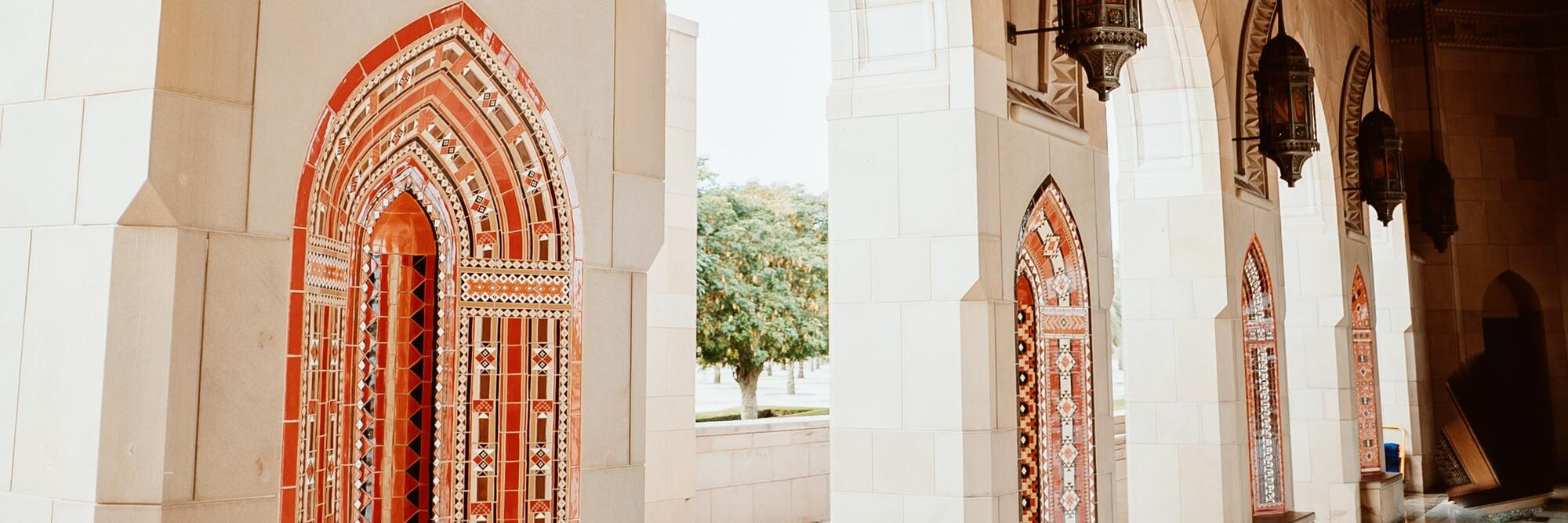Saudi Arabia is an Islamic country governed by a strict interpretation of Sharia law. This governs virtually all facets of life, with customs and traditions in Saudi based on the tenets mentioned in the Quran.
Expats moving to Saudi Arabia, particularly Western or non-Muslim expats, may struggle to adjust to this restricted lifestyle where public displays of affection are not allowed and modesty and decorum are expected at all times. Female expats may especially struggle to adapt. But the sooner one accepts the reality of it, the smoother the adjustment to expat life in the Kingdom may be.
Freedom of religion in Saudi Arabia
Islam is the only religion that is allowed to be practised publicly in Saudi Arabia, and the freedom to practice any other religion in public is non-existent. However, the private practice of other religions in Saudi Arabia is allowed, and expats are therefore able to practice their own religion in the privacy of their home or compound. However, the conversion by Muslims to another religion (apostasy) is not allowed, and non-Islamic proselytising, including the distribution of non-Muslim materials such as bibles, is illegal.
Churches in Saudi Arabia
There is a very small community of Saudi Arabian Christians, and they practise their religion discreetly, as there are no official Christian churches in Saudi Arabia.
Expat Christians may meet at private church meetings arranged at one of several embassies, while other small groups meet in school halls or at private houses inside expat compounds.
Muslim call to prayer in Saudi Arabia
Something that may take a while for expats in Saudi Arabia to get used to is the Muslim call to prayer, which rings out five times a day across towns and cities. Prayer can determine the rhythm of the entire day, and could be something that non-Muslim expats may find frustrating if wanting to make appointments or arrange meetings. Be prepared to have meetings interrupted, and have patience to wait for prayer time to finish before trying to close the deal.
Prayer (salah) forms an integral part of Islam, and for Muslims this is a demonstration of respect to God and a way of showing one’s devotion to Him. Muslims believe that prayer purifies their hearts and helps them stand firm against moral wrongdoing.
The call to prayer, known as adhan, can be heard from the minarets of mosques and echoes over loudspeakers every day before dawn, at noon, mid-afternoon, sunset, and between sunset and midnight. The call can also be heard in other buildings, such as shopping malls, schools, hospitals and universities.
All businesses, including shops and restaurants, will close during prayer time in Saudi Arabia. When the call to prayer is sounded, the faithful will drop to their knees facing Mecca to worship. Most buildings have prayer rooms where Muslims can go to pray, while some will pray in their shop or office, or go to the nearest mosque.
Mosques are plentiful throughout Saudi Arabia, and expats will find one within walking distance in most neighbourhoods.
Religious police in Saudi Arabia
The Mutaween, also known as the 'religious police', work for the Committee for the Protection of Virtue and Prevention of Vice. They enforce the prohibition on the public practice of non-Muslim religions. The role of the Mutaween is to keep both citizens and visitors acting in line with Saudi Arabia’s strict moral codes.
The Mutaween generally don’t bother expats, as they are not allowed to enter Western compounds. They are also not allowed inside five-star hotels where Westerners are staying or in the Diplomatic Quarter of Riyadh.
Saudi Arabia espouses judicial corporal punishment and capital punishment for violent crimes, apostasy and adultery. Amputations and flogging are reserved for crimes such as robbery and immoral acts. Expats are not excepted from these laws and should conduct themselves in a manner respectful of the customs and laws of the country to avoid being punished.
Restrictions in Saudi Arabia
Due to the strict interpretation of Sharia law, there are many restrictions imposed on locals and expats alike.
- Access to the holy cities of Medina and Mecca is only open to Muslims.
- Saudi law prohibits alcoholic beverages and pork products in the country as they are considered to be against Islam. Nevertheless, alcohol is often consumed within Western compounds.
- Drug trafficking is punishable by death.
- Religious symbols of any kind are not allowed to be worn in public. Muslims or non-Muslims wearing religious symbols in public risk confrontation with the Mutaween.
- Although individuals can generally bring personal bibles into the country without difficulty, there have been reports of such items being confiscated.
- Homosexuality is illegal.
- Public displays of affection are frowned upon, and holding hands, hugging and kissing in public are not allowed.
- Women are forbidden from socialising in public with men they are not married to, or directly related to by blood.
- Women are not required but are expected to wear an abaya when out in public – this should generally be black or dark in colour.



